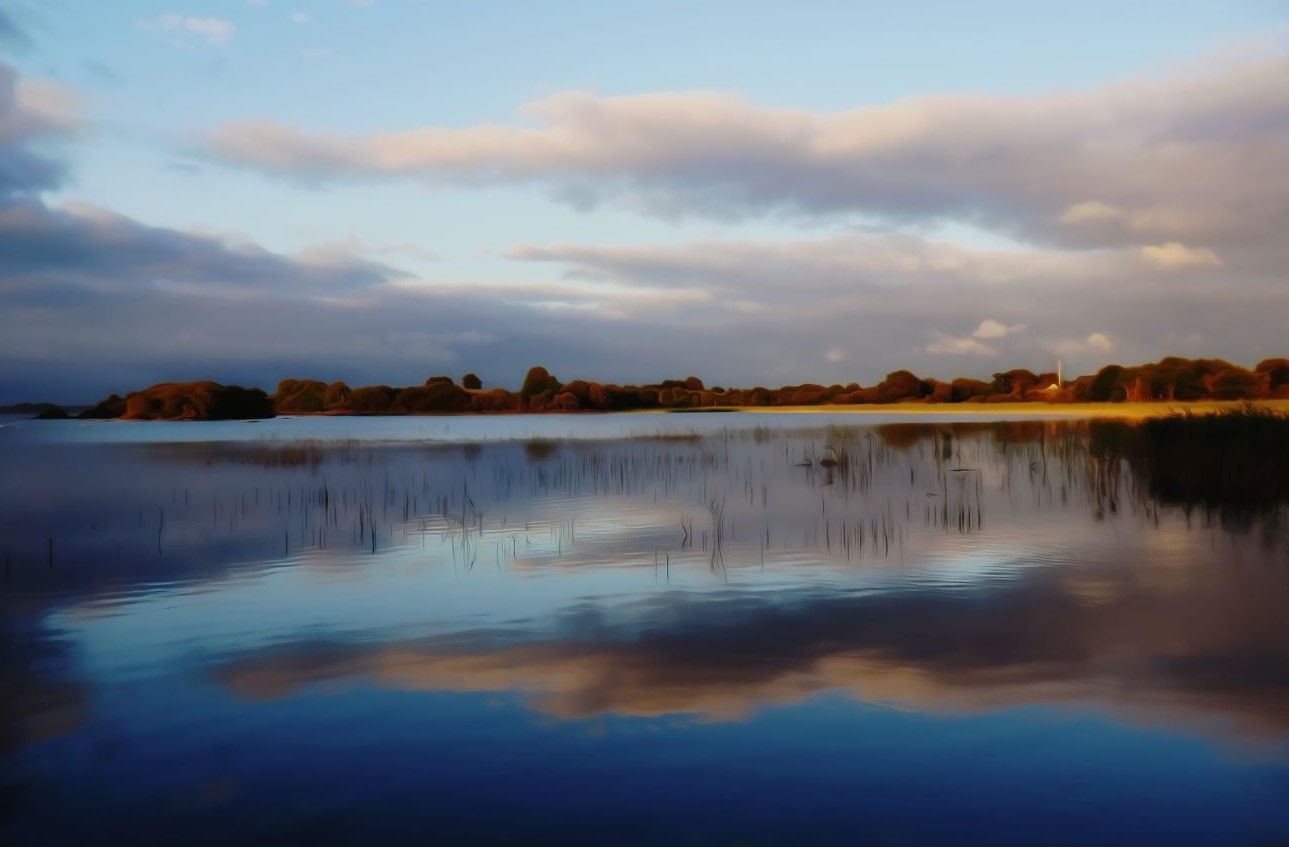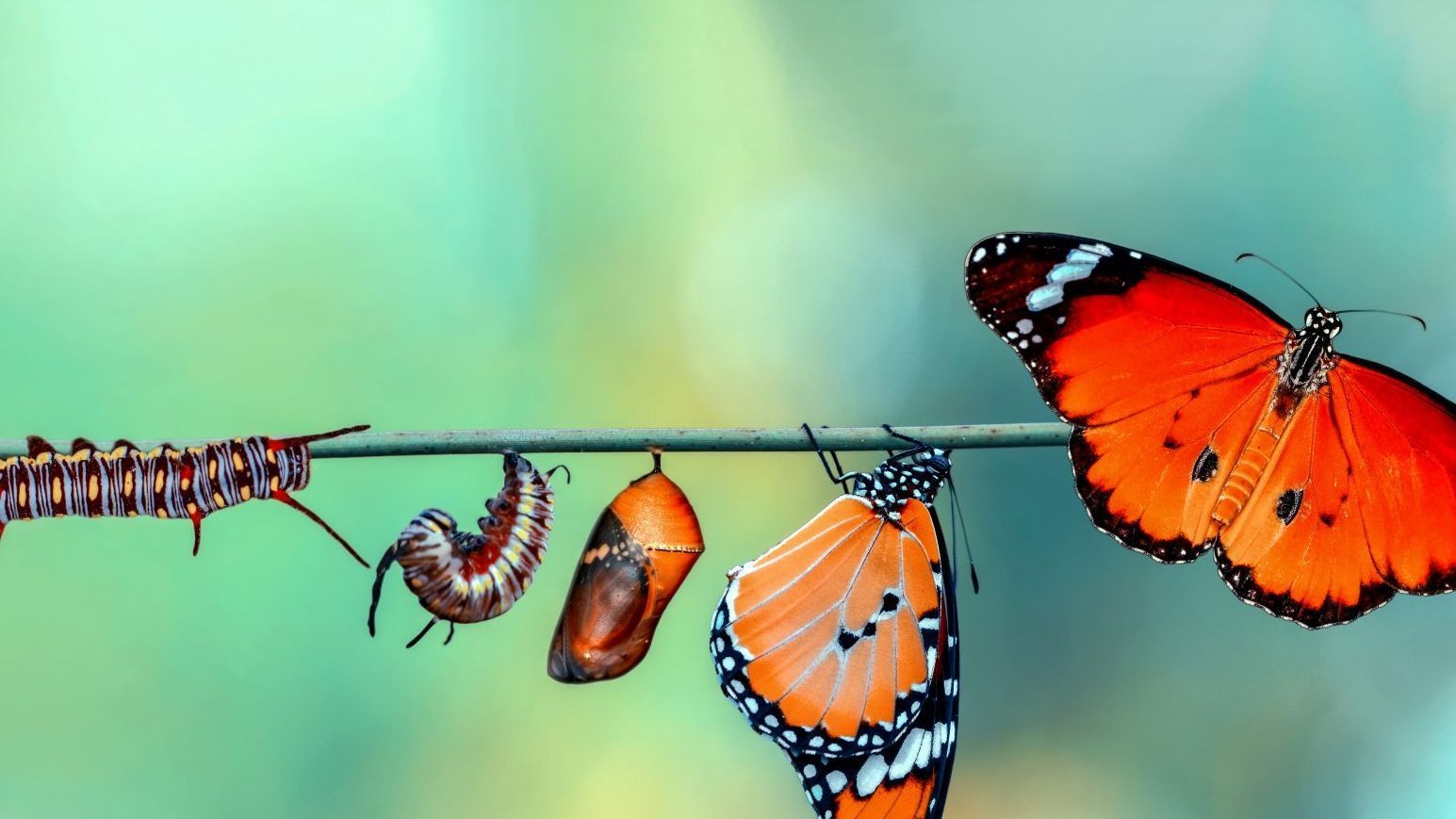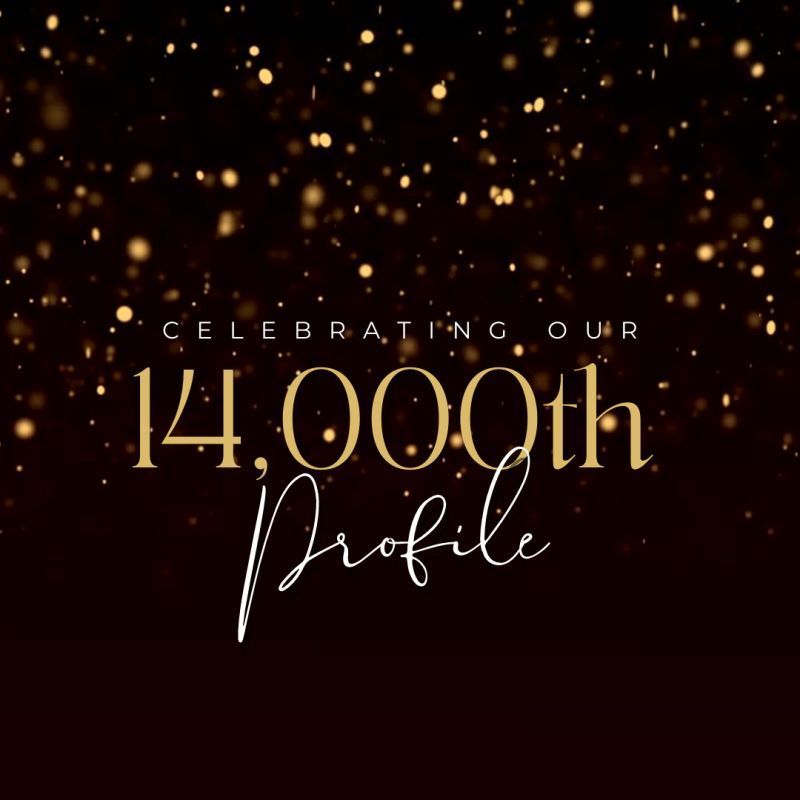Fallback: Traversing the Ascending and Descending Path of Development
Hosted by Valerie Livesay
When we think (and talk) about development, we often think (and talk) about growth. But development is not only about the ascending but also the descending path. Development occurs as we traverse, over and over again, the territory of our knowing, sometimes moving forward, sometimes falling back, sometimes just sitting in the being-space learning what new lessons it has to teach us.
Development is frequently framed (and evangelized) as a stairway to heaven or more tangibly, a journey to the apex of a mountain. Ideally, as we climb your our way up the developmental mountain, at each level we would undertake reconnaissance of the terrain, evaluate what resources are available, what the land might offer, how we might inhabit it most fully. Then, as we gain a higher standing on the mountain, we would bring along the gifts that we have discovered on our ascent.
Yet often, particularly as we first give attention to our development, we’re so anxious to get to the peak, we skip the recon, we miss the gifts. Indeed, at the lower elevations we’re not even aware of what we should be looking for and gathering along the way on our first our first pass.
And then there are the times when we lose our footing or are knocked over by a gust of wind or are taken down in a mudslide. In development, we call this fallback. And These unceremonious tumbles towards the base of our mountain - the earlier parts of ourselves in our development - also offer us a chance to learn from the terrain, uncover the gifts, resource ourselves for future expeditions both up and down the mountain.
Yet we are often so scared or ashamed that we have fallen that we find a cave to hide in until the storm passes, and then race back up to the top without surveying the damage - to ourselves, to our surroundings - without revisiting the vistas, and vegetation, and toeholds that comprise this territory. We leave it behind, and in so doing we leave a part of ourselves behind too. We don’t return to the higher elevations bolstered and bigger. We manage to come back up, but we find ourselves a bit bedraggled and depleted. This is what happens when we practice the blame (others) and shame (ourselves) game following our inevitable experiences of fallback.
Fallback debunks the illusion of the stairway-to-heaven of development. It reveals the shadows that exist in growth and the necessity of decline to allow something more whole, more authentic, more compassionate and humane to emerge. The shift that we so desire in the collective is not possible without addressing the shift, the illumination, that needs to first take place in each of us.
Outline
Coming into relationship with the fullness of you, in your spring forwards and your falling back, is a practice. It involves noticing that we have a cast of characters that show up in the scenes of our lives…sometimes invited, sometimes not. It calls on us to mind the gap between the way we intend to show up and the way we actually do. It necessitates illuminating the storyline that has guided us, what it serves in us, and how it does not. And, it requires befriending the parts of self that we have attempted to lock out of the theatre of our lives.
In this experiential and inquiry-oriented workshop, we will use the metaphor of theatre to:
- Explore development as a journey both forward and back, marked by episodes of expansion and contraction
- Illuminate our own experiences of fallback and discover the gifts that can come from familiarising ourselves with the lower elevations of our developmental mountain
- Identify the ensemble of characters that comprises us rather than the one, consistent, enduring self we like to believe ourselves to be
- Reflect upon the scenes in our lives in which these characters are cast
- Identify an episode of fallback and come to know characters that storm the stage unbidden
- Learn what our unruly characters storm the stage in protection of
DATE: 6 March
TIME: 1500 - 1800 UK
COST: £105 (+VAT where applicable)




